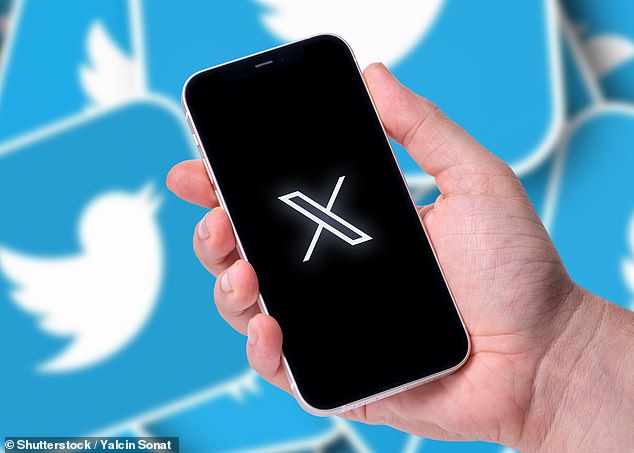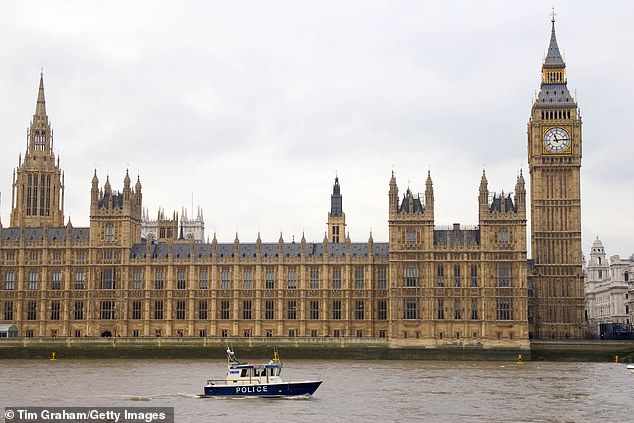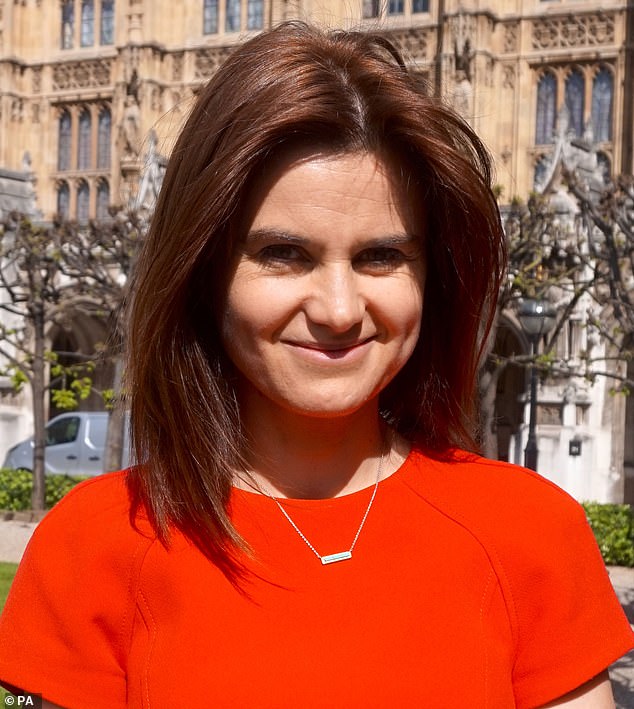Elon Musk slammed for failing to tackle threats aimed at MPs on X as Commons Speaker Lindsay Hoyle says platform is changing ‘for the worse’ and has to take more responsibility
X owner Elon Musk has been criticised by the Speaker of the House of Commons for failing to address threats against MPs on the social media platform.
According to Sir Lindsay Hoyle, Twitter used to delete 92 percent of threatening messages and leave 8 percent online, but now the numbers have turned around.
In an interview with the BBC, Sir Lindsay said the platform had “changed for the worse” and that the government needed to think “long and hard” about what to do with this platform and other social media.
Speaking to Matt Chorley for his new show on 5Live, the chairman, who is responsible for MPs’ welfare, said businesses need to “take their responsibilities more seriously” following the Southport riots.
“If these social media platforms aren’t going to work … I think the government needs to think carefully about what they’re going to do with social media.”
‘The platforms need to clean themselves up… X is not the platform I knew.
“It’s completely changed. I’d like to say it’s changed for the better, but it’s not. It’s changed for the worse.”
According to Sir Lindsay Hoyle, Twitter used to delete 92 percent of threatening messages and leave 8 percent online, but now the numbers have turned around.

This came after a judge in Brazil ordered X’s suspension as part of a long-running dispute between Musk and authorities in the South American country.

In an interview with the BBC, Sir Lindsay said the platform had “changed for the worse” and that the government needed to think “long and hard” about what to do with this platform and other social media.
After the general election in July, all new MPs were put on panic alert as they faced unprecedented levels of abuse and threats to their safety.
The devices were first delivered as part of the House of Commons’ “welcome packs” as officials tighten security measures for politicians amid growing harassment and death threats.
They have been available to all MPs on request since the murder of Labour MP Jo Cox in 2016. Now they will be automatically handed over to the 335 new MPs who entered parliament after an election campaign marked by threatening behaviour.
‘“My view is that those social media platforms are responsible. We’ve seen it,” Sir Lindsay told the BBC.
‘In the past, as they call it now, we could say online: ‘Those things are there, can you take them down?’ – threats against MPs.
“Frankly, they were very good at removing most of what we asked for. Eight percent would stay, the rest would go down. We’re looking at the other way around now, that 92 percent of it stays and only 8 percent goes down. If that’s the case.”
Candidates and volunteers reported, among other things, the following: they received death threats, were insulted and spat at, and were chased and intimidated on the street.
Earlier this year, the Home Office announced a £31 million package of measures to address the threat to MPs’ safety. Last month, Sir Lindsay said he had “never seen anything as bad” as the current threat level.
“If there’s one thing that keeps me awake at night, it’s the safety of MPs,” he added.
The devices, which are said to contain unique codes to identify which MP is activating them, were handed out last week during introductory sessions, with demonstrations on how to use them.
New MPs who were unable to attend were given an alarm as part of their welcome pack, along with their laptops and introductory information.
This came after a judge in Brazil ordered X’s suspension last Friday as part of a long-running dispute between Musk and authorities in the South American country.

Every new MP has been sent a panic alarm as they have been delivered for the first time as part of the House of Commons’ ‘welcome packs’

Jo Cox was stabbed and shot by a neo-Nazi thug in her constituency and home town of Batley, West Yorkshire on 16 June 2016, just days before the EU referendum.
Judge Alexandre de Moraes warned Musk on Wednesday night that X could be blocked in Brazil if he did not comply with his order to appoint a representative, setting a 24-hour deadline.
In his decision, Jude De Moraes gave internet providers and app stores five days to block access to X. He said the platform will remain blocked until it complies with his orders.
He also said that people or companies using virtual private networks, or VPNs, to access X could face a daily fine of 50,000 reais (£6,800).
X has been asked for comment.
